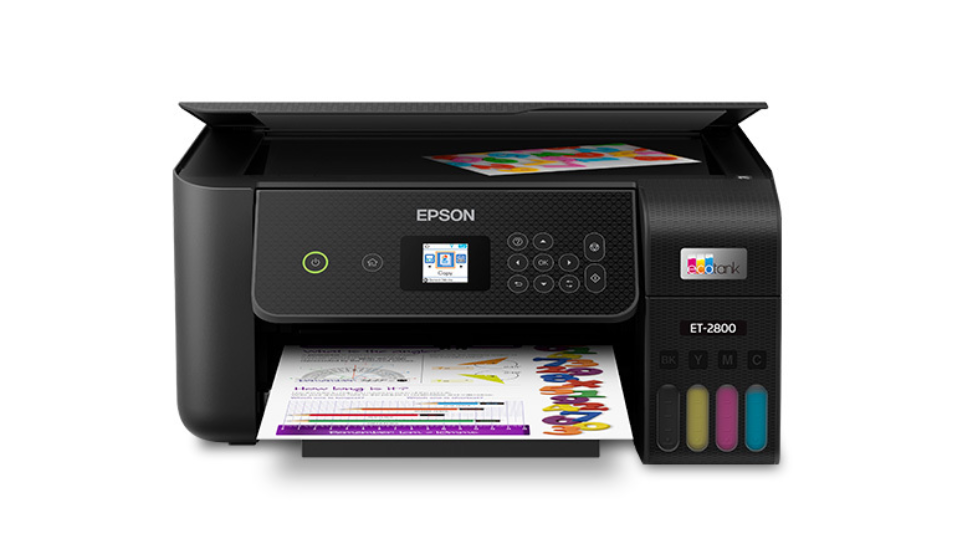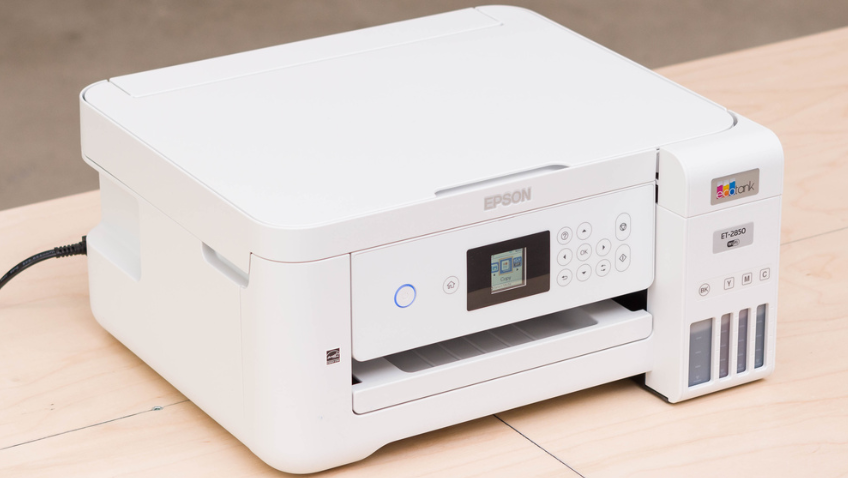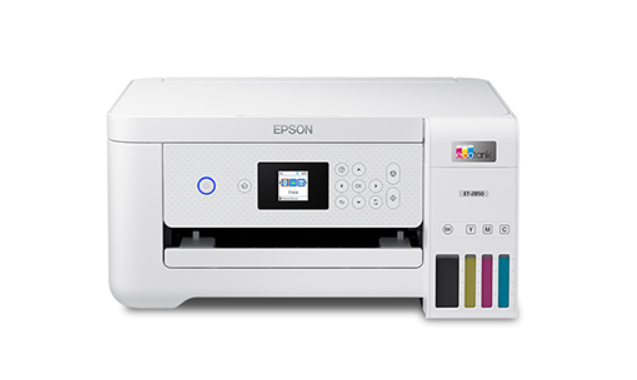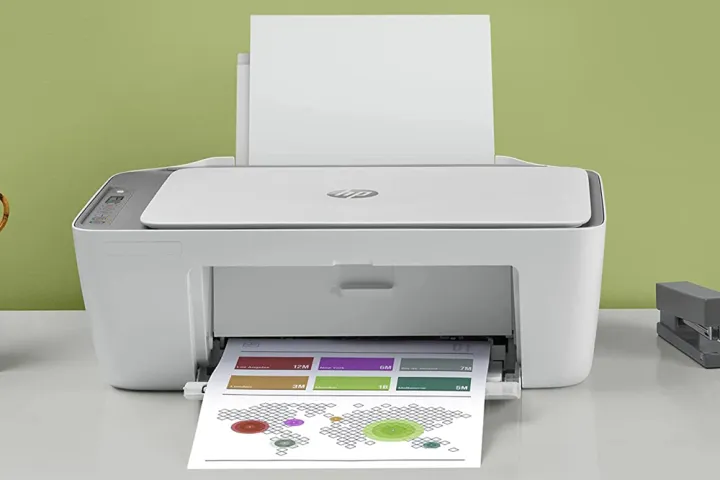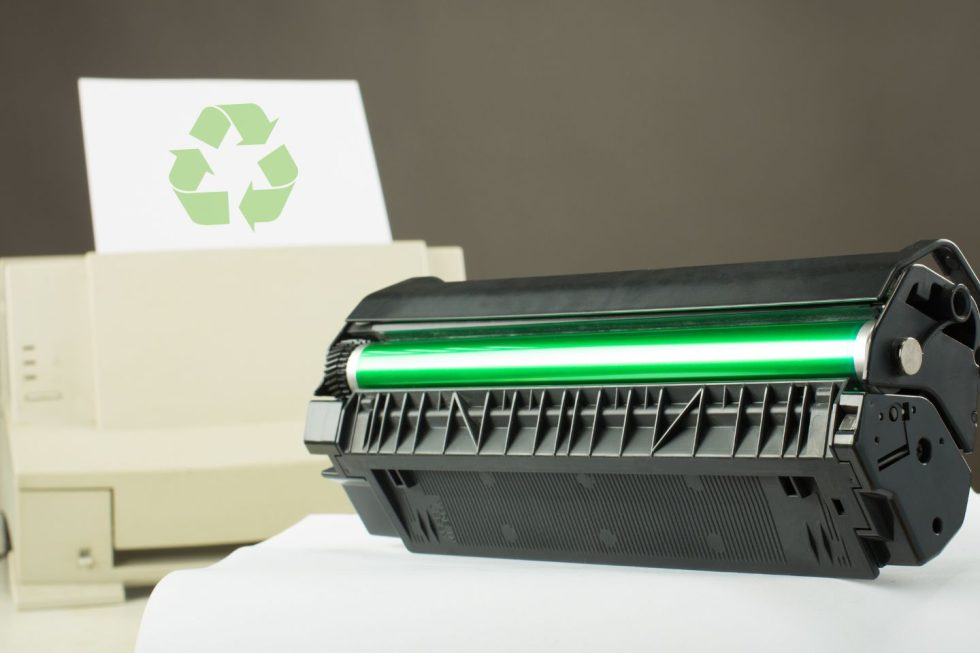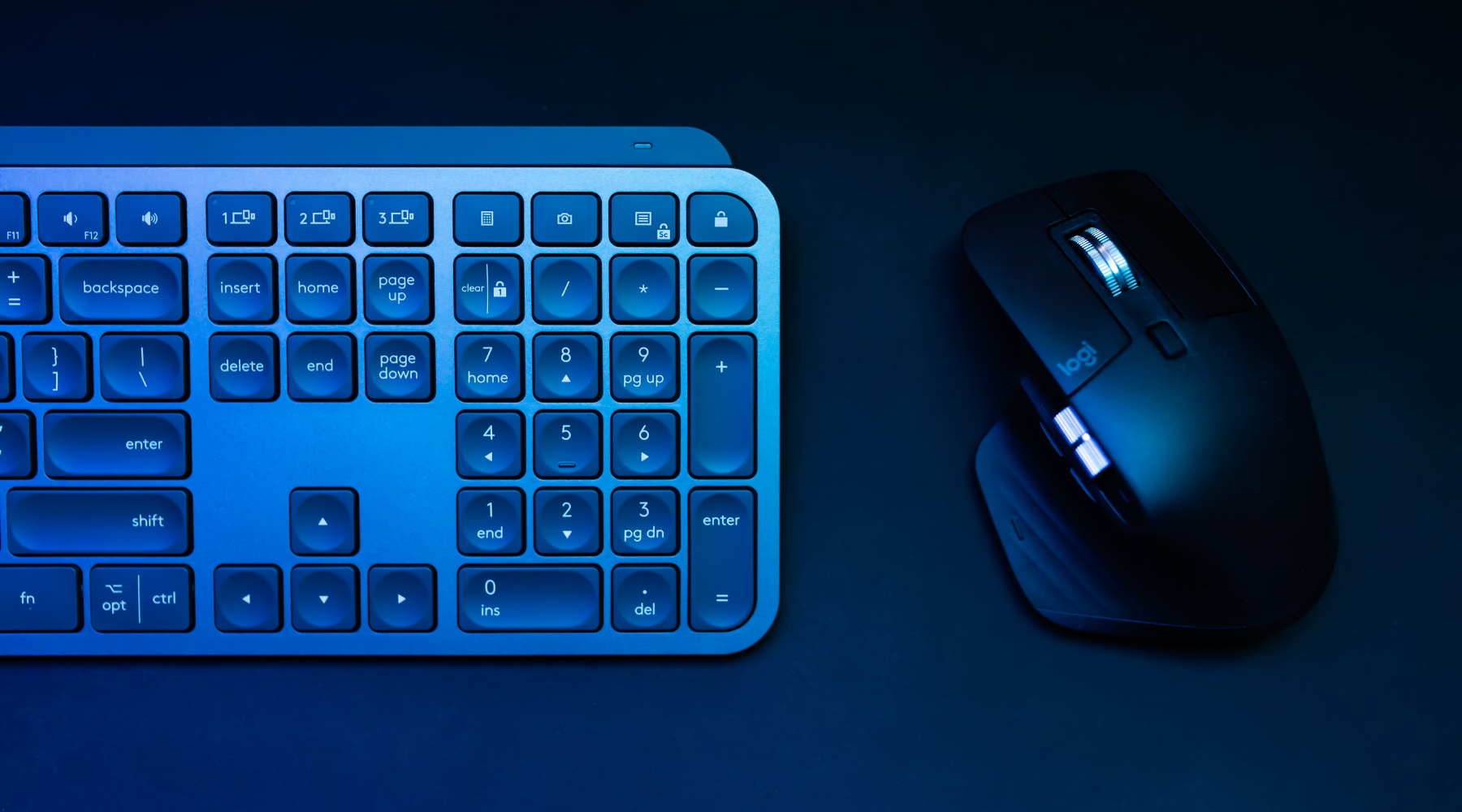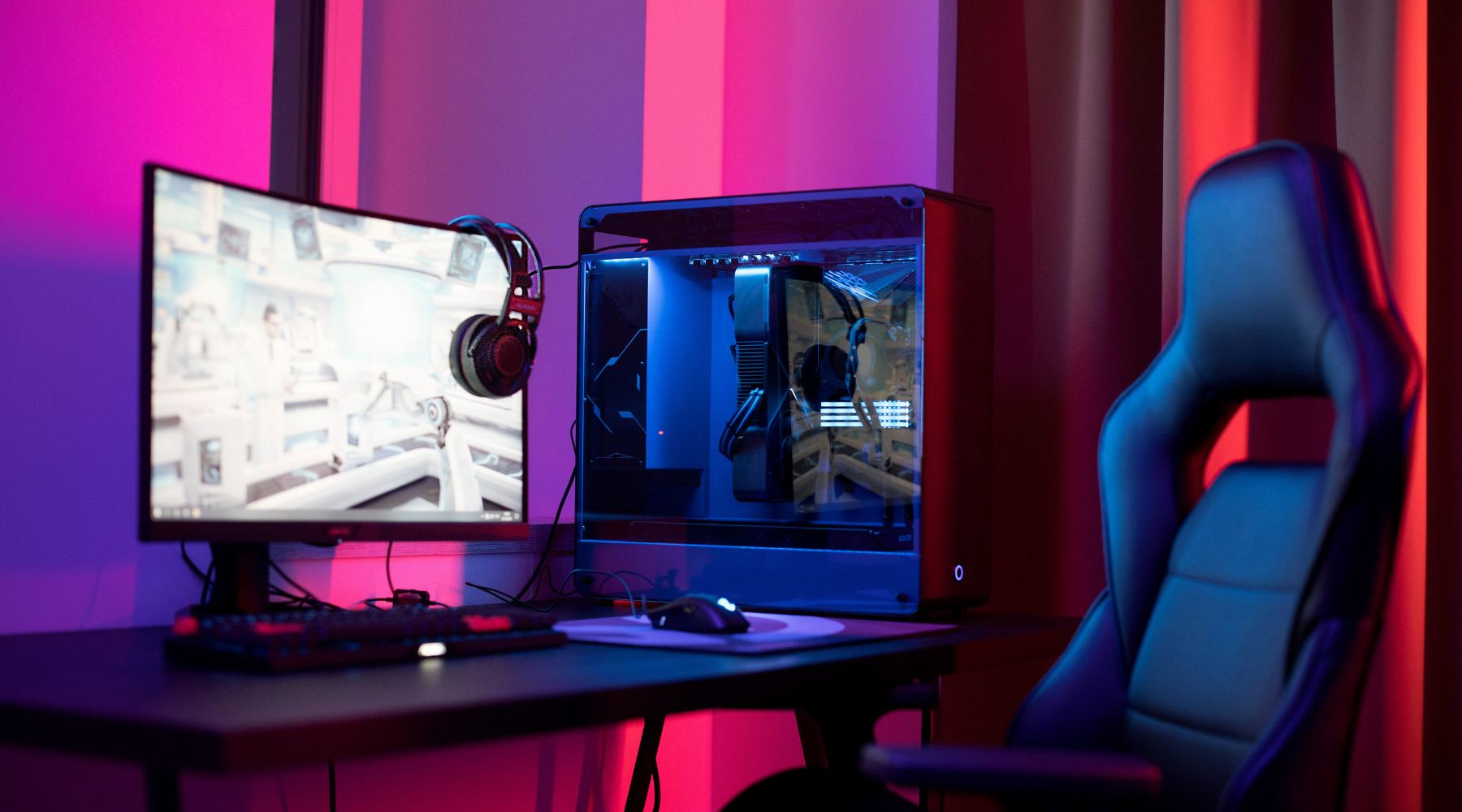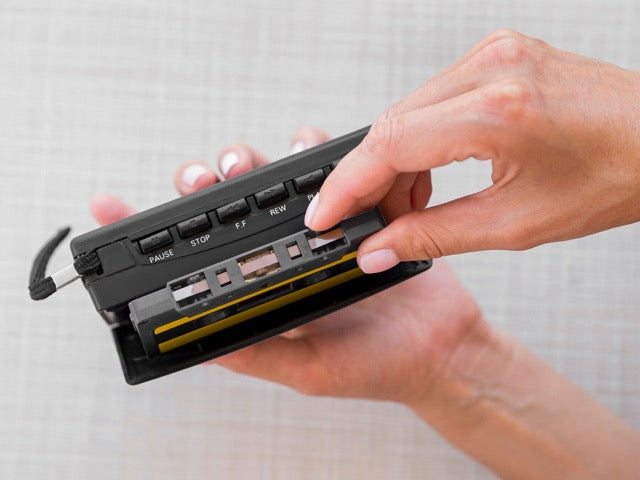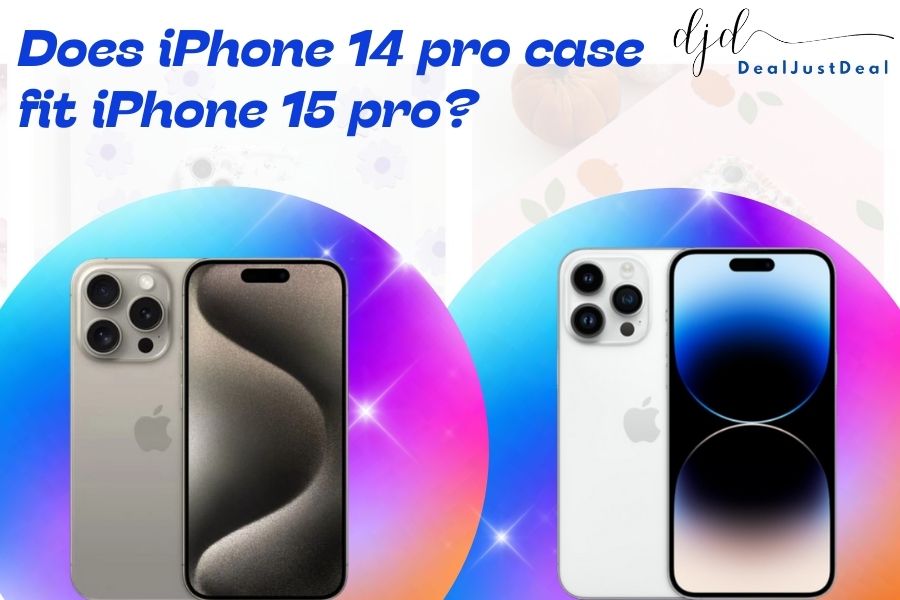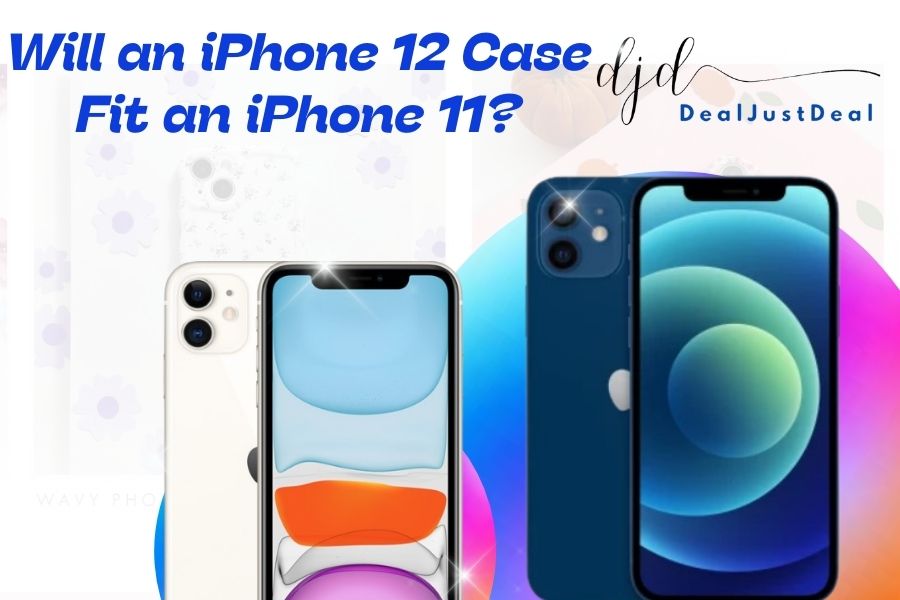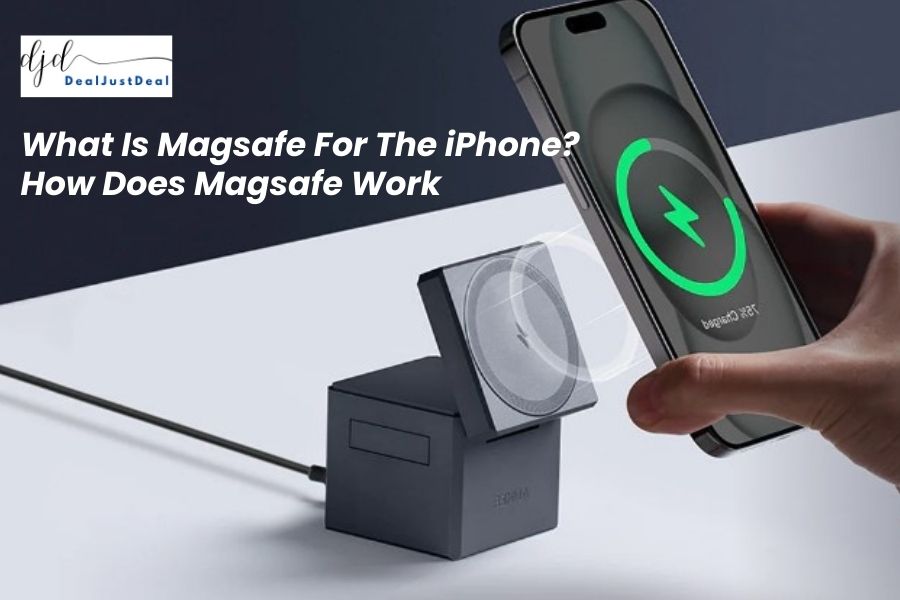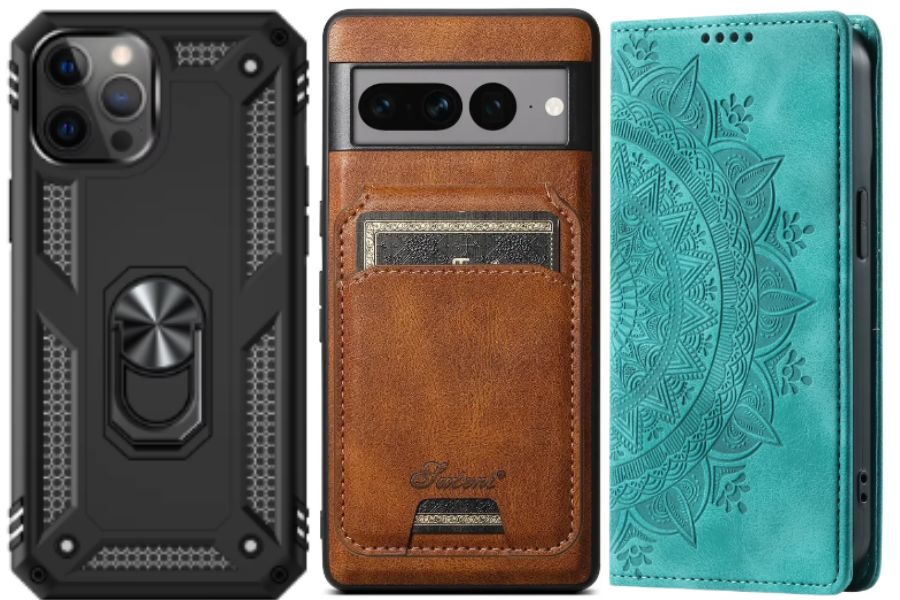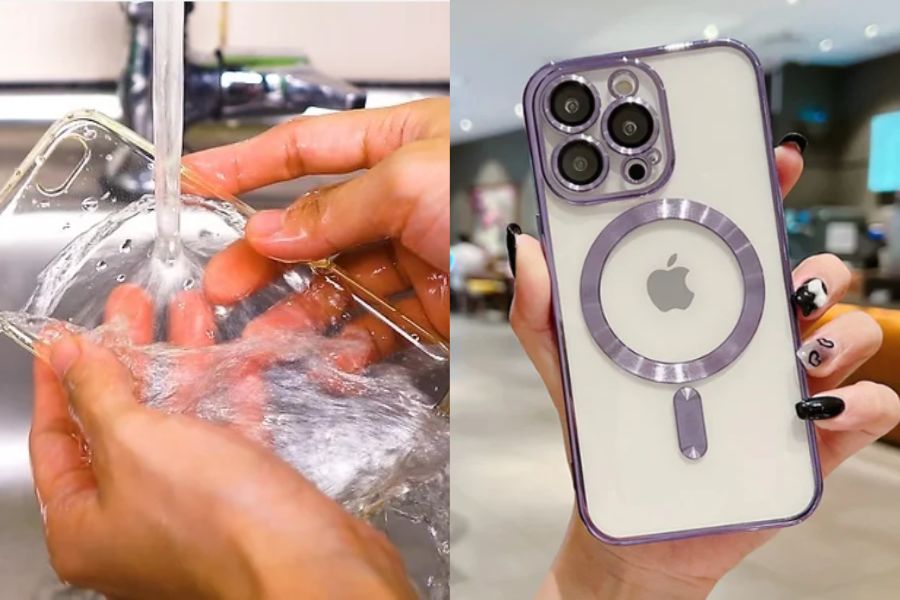The Epson EcoTank series has become one of the most popular choices among budget-conscious users seeking low-cost, high-volume printing—thanks to its innovative cartridge-free ink tank system. Instead of traditional ink cartridges, EcoTank printers use refillable tanks and bottled ink, allowing users to print thousands of pages before needing a refill. This not only reduces long-term printing costs but also minimizes waste and maintenance hassles.
Within the EcoTank lineup, the Epson EcoTank ET‑2800 and ET‑2850 are two of the most commonly compared models. They sit in the same entry-level to mid-range tier, share a nearly identical hardware platform, and offer essential functions like wireless printing, scanning, and copying. Yet, subtle but meaningful differences—such as automatic duplex printing and Epson Smart Panel app support—set the two models apart.
This comparison is especially relevant for:
-
Home users who need dependable daily printing for personal tasks
-
Students who require consistent print quality for schoolwork
-
Home offices looking for an affordable alternative to cartridge-based all-in-ones
If you're trying to decide which EcoTank is better for your needs, understanding these differences can help you make a smarter, long-term choice.
Epson ET‑2800 vs ET‑2850
While the Epson EcoTank ET‑2800 and ET‑2850 may look similar at first glance, a closer inspection reveals several feature-level differences that can impact day-to-day use. This section breaks down the most important elements—from print quality to software compatibility—to help you decide which printer better suits your needs.
Design & Build Quality
Both the ET‑2800 and ET‑2850 feature a compact, minimalist design with a top-loading paper feeder and front-facing ink tanks. They share the same 1.44" color LCD screen and physical button interface for basic navigation.

However, the ET‑2850 offers a slightly more refined control experience, particularly when paired with the Epson Smart Panel app, which allows you to manage settings, print jobs, and maintenance tasks directly from your phone.

Printing Capabilities
The two printers share the same print resolution (up to 5760 × 1440 dpi) and use identical Epson pigment/dye ink systems, making both excellent for general documents and vibrant color prints.
The major difference is automatic duplex printing:
-
The ET‑2850 supports two-sided printing, a major time-saver for long documents or eco-conscious users.
-
The ET‑2800 lacks duplex capability, requiring manual page flipping for double-sided printing.
In terms of print speed, both models are nearly identical (around 10.5 ppm black / 5 ppm color), but the duplex feature gives the ET‑2850 a functional edge.
Scanning & Copying Functions
Both printers include a flatbed scanner, but the ET‑2850 features a higher optical resolution (1200 × 2400 dpi vs 600 × 1200 dpi on the ET‑2800), resulting in crisper scan output for images and documents.
They both support standard copying tasks, though neither includes an auto document feeder (ADF), making them better suited for occasional rather than bulk scanning.
Connectivity & App Support
Both models support:
-
Wi-Fi and Wi-Fi Direct for wireless printing
-
AirPrint (iOS) and Mopria (Android) for native mobile printing
-
USB connections for direct PC use
However, the ET‑2850 is compatible with the Epson Smart Panel app, enabling full control over the printer from a mobile device—including setup, maintenance, ink level monitoring, and cloud printing.
The ET‑2800 lacks Smart Panel support, meaning you’re limited to Epson iPrint or native OS tools for mobile tasks.
Pros and Cons Summary: Epson ET‑2800 vs ET‑2850
Here’s a quick breakdown of the strengths and limitations of each printer to help you make an informed decision. While both models are reliable EcoTank options, they cater to slightly different user priorities—cost-conscious simplicity vs. enhanced features and convenience.
Epson EcoTank ET‑2800

|
Pros |
Cons |
|
Lower price point — budget-friendly for students and home users |
No automatic duplex printing |
|
Same high-capacity EcoTank system with low running costs |
No support for Epson Smart Panel app |
|
Compact and lightweight for small spaces |
Lower scanner resolution (600 × 1200 dpi) |
|
Supports wireless printing, AirPrint, Mopria |
Less suited for multi-page or frequent document jobs |
|
Easy to use and set up for basic tasks |
Limited remote/mobile control options |
Epson EcoTank ET‑2850
|
Pros |
Cons |
|
Automatic duplex (two-sided) printing — saves paper and time |
Slightly higher price than ET‑2800 |
|
Higher scan resolution (1200 × 2400 dpi) for sharper image capture |
No auto document feeder (ADF), like the ET‑2800 |
|
Full support for Epson Smart Panel app (mobile setup, control, etc.) |
Still uses manual navigation via buttons on LCD |
|
Better for small offices and productivity-focused home users |
Functionally similar print engine despite added features |
|
All major wireless and OS compatibility included |
Frequently Asked Questions (FAQs) — Epson EcoTank ET‑2800 vs ET‑2850
Slug: faqs-et‑2800-et‑2850
ALT: FAQs Epson EcoTank ET‑2800 vs ET‑2850
These common questions help clarify the key differences and use-case considerations between the ET‑2800 and ET‑2850, especially for buyers comparing specs, features, and day-to-day functionality.
1. What’s the main difference between the Epson ET‑2800 and ET‑2850?
The biggest differences are that the ET‑2850 includes automatic duplex printing (prints on both sides of the page) and supports the Epson Smart Panel app for easier setup and mobile control. It also features a higher scan resolution. The ET‑2800 lacks these features but is more affordable.
2. Does the Epson ET‑2800 support duplex printing?
No. The ET‑2800 does not support automatic duplex printing. If you want to print double-sided documents, you’ll need to manually flip the pages. In contrast, the ET‑2850 can print both sides automatically, which is more efficient for multi-page tasks.
3. Can both printers work with smartphones?
Yes, both support mobile printing via AirPrint (iOS), Mopria (Android), and Epson iPrint. However, only the ET‑2850 supports the Epson Smart Panel app, which allows for easier setup, ink monitoring, maintenance tasks, and cloud printing from a mobile device.
4. Are both printers compatible with Windows 11 and macOS?
Yes. Both the ET‑2800 and ET‑2850 are compatible with Windows 11, Windows 10/8/7, and macOS (10.12 and later). You can download the latest drivers and utilities for either model from the Epson support site.
5. Which printer is better for scanning documents or images?
The ET‑2850 offers better scan resolution at 1200 × 2400 dpi, compared to 600 × 1200 dpi on the ET‑2800. This means sharper image scans and better reproduction quality—especially useful for scanning photos or detailed graphics.
6. Which model is better for home office use?
The ET‑2850 is better suited for home offices, thanks to its automatic duplex printing, higher scan quality, and Smart Panel app support. The ET‑2800 is more appropriate for light home or student use, where budget and simplicity are the main priorities.




